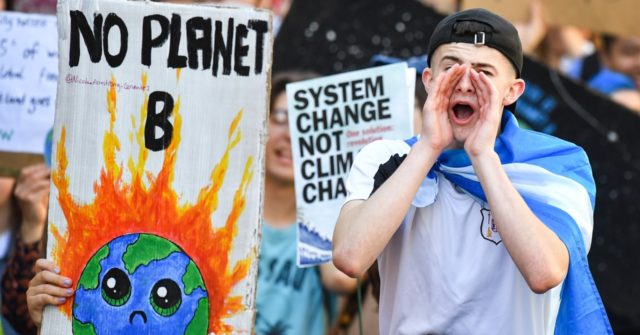- Thread starter
- #101
You want to discuss scientist and their opinions published in per reviews?The inquiry is the question in the lead post.
The scientistS are those professional scientists actively conducting research into the climate and global warming and publishing their findings in peer reviewed science journals.
The studies are the work reported on in those peer reviewed articles noted above.
The theory is the theory of anthropogenic global warming: that the Earth has been warming at an accelerating pace due to the greenhouse effect acting on increased GHGs in the atmosphere created by the human combustion of fossil fuels.
Surely that was all obvious.
Fine.
Post the scientist.
Post the peer reviews.
Until then you are simply blathering about a bunch of imaginary and delusional Leftist BS.
Please review Scientific consensus on climate change - Wikipedia
